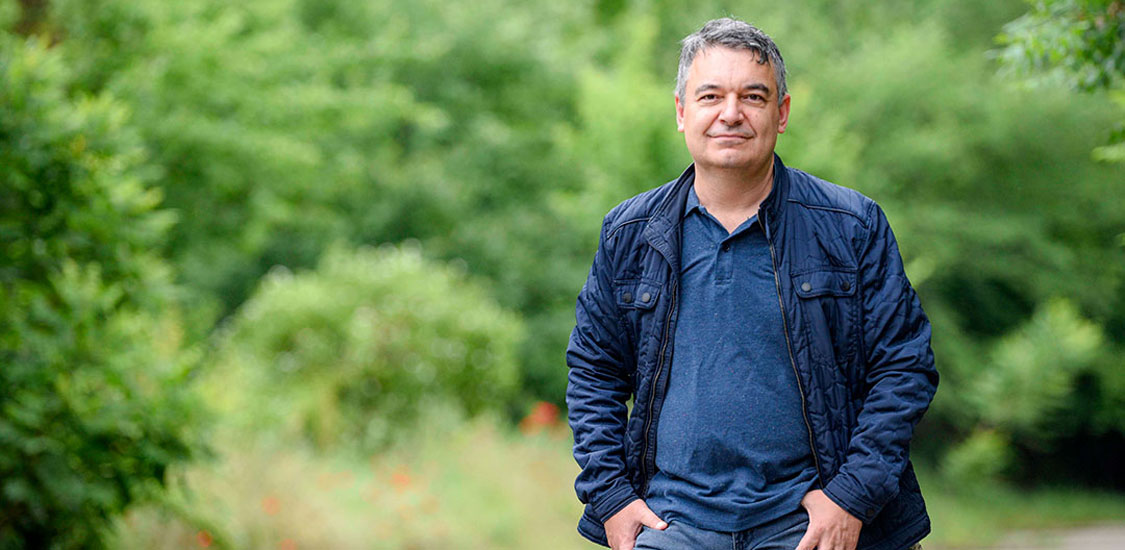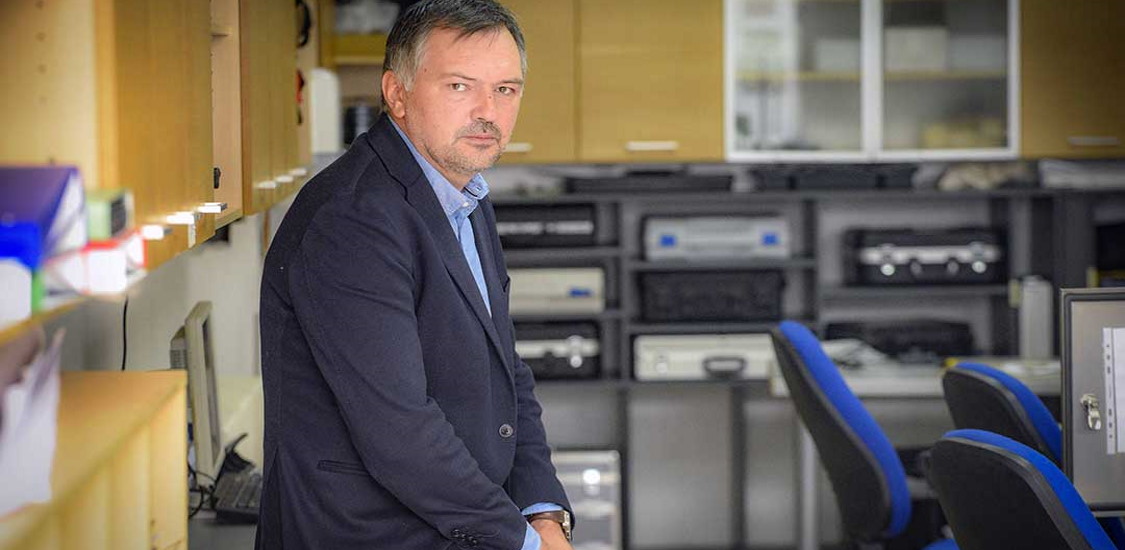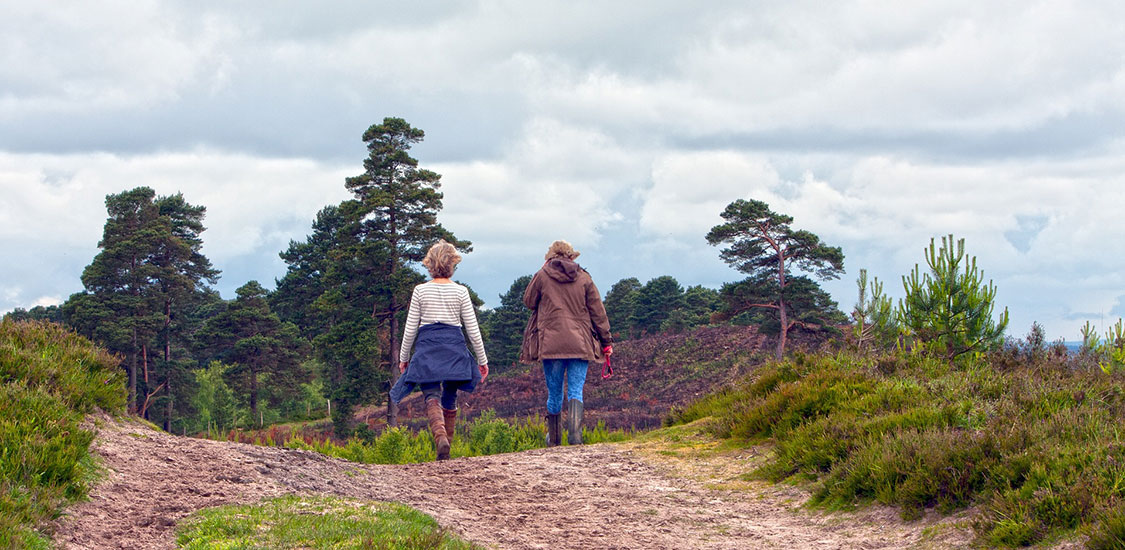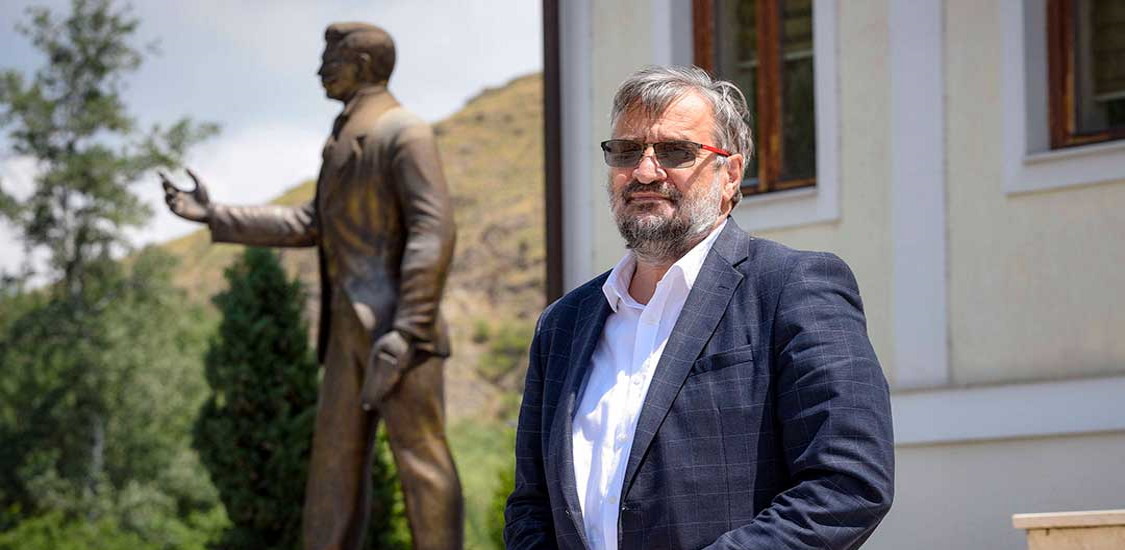
Only through education can we solve the global challenges
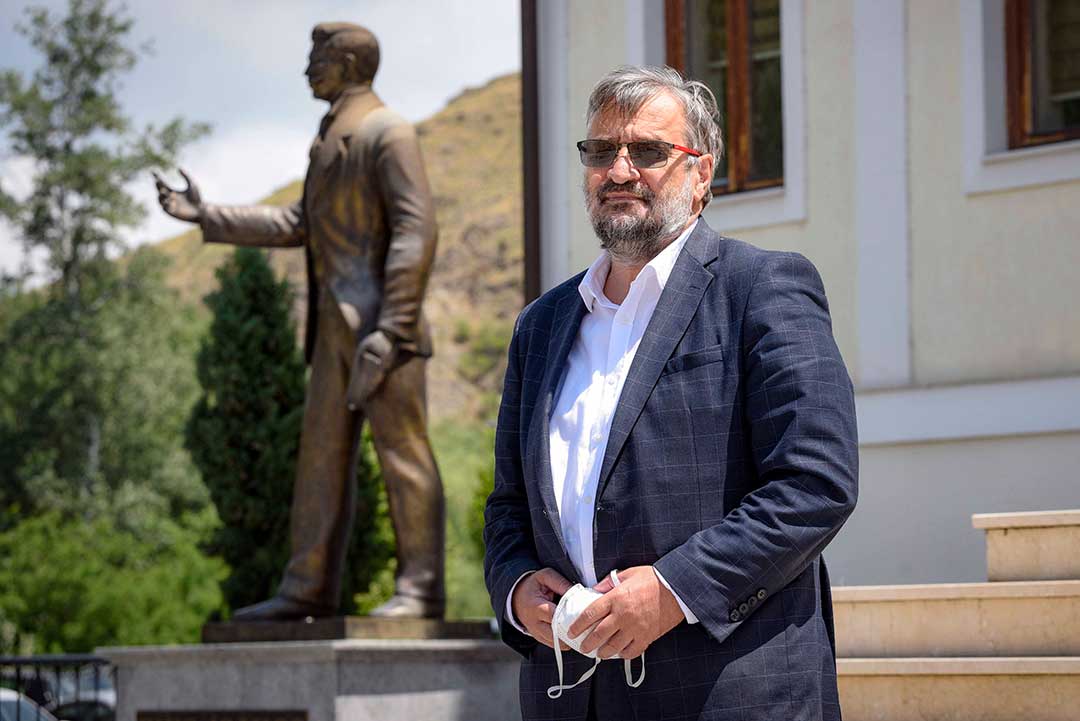
Prof. Blazho Boev
Rector of the “Goce Delchev” University (UGD) – Shtip
The answer is in science
I do not think that only Macedonia should take something from the unlearned lesson in relation to everything that is happening to us with the global challenge since the outbreak of the COVID-19 pandemic. On the contrary – I think that all of our beautiful planet Earth should think much more seriously to that: what are the values in science? What are important topics in science? Is the excessive race for tangible values and the higher standard of living the right answer to our needs as a civilization? I think we have forgotten the basic questions because of which we exist, and that is to preserve the basic values of our planet Earth and, as such, to leave it as a legacy to generations to come after us, and the generations after them, and so on. The imbalance that has always existed in nature in relation to its natural and ecological capacities leads to emergence of large imbalances in the behavior of species that react naturally to their new adaptation, which will certainly lead to emergence of many new moments in the evolutionary cycles on Earth. We must learn from all this and we must turn to the importance of science as a fundamental driver that can provide the answers to future challenges. We need to reintroduce the important topics in science, such as: who we are and what we are, how we came to be on this planet and how we can survive on it?
Science has long suggested that we could reduce ourselves to this situation, but unfortunately it was not taken so seriously. Today we are witnessing the world pandemic, it is here before us and in us as humanity. It closed the world and affects every essence of the plant and animal world. In these moments we need to be honest with ourselves as a civilization and just think about how we are connected to each other. Just as a person with a virus can infect dozens of people if not more, so can our actions. Our actions reflect how we perceive each other and how we treat the environment.
If we look back through history, it can tell us a lot. In the second half of the 19th century there was a prevalence of the imaginary optimism, where it was thought that the modern society would succeed in tackling poverty and disease. They were convinced that, with the help of technology, humanity would finally tame and subdue nature. There was a belief in unstoppable development that will fundamentally improve people’s lives. However, the century that followed showed something else. On the contrary, the condition of all subsystems on the planet has deteriorated. Almost all countries have problems with unemployment, ecosystem failure, lack of natural resources and diseases, famine and wars as a result of the crisis of values. Much of the social capital has failed (social networks, values, habits, customs, beliefs created by past generations), without which the modern society cannot survive. In addition, completely new problems emerged that were not previously known to the people.
New paradigm of development – education for sustainable development
Today we know that it is necessary to reject the idea of development by fragments and parts because the economy develops with its own goals, the society with its own and, consequently, the environment with its own. Real progress and prosperity are possible if it is a complete process. A new paradigm of development means that we need to understand the development in a different way, not just through economic production. Above all, it is necessary to look for original and innovative solutions which will emerge from the specificity of the local environment and the greater cooperation between people, connecting different sectors with a clearly defined vision that must take into account the nature and its ecosystems.
Such challenges can only be solved through education. We need an education strategy for sustainable development. The messages coming from the United Nations, which declared the period from 2005 to 2014 a Decade of Education for Sustainable Development, where the main task of promoting the project was carried out by the UNESCO organization, should be well followed. These are the main topics for the human survival: peace, ethics, local and global responsibility, health, rural and urban development, production and consumption, shared responsibility, environmental protection, natural resource management and biological and natural diversity, etc.





